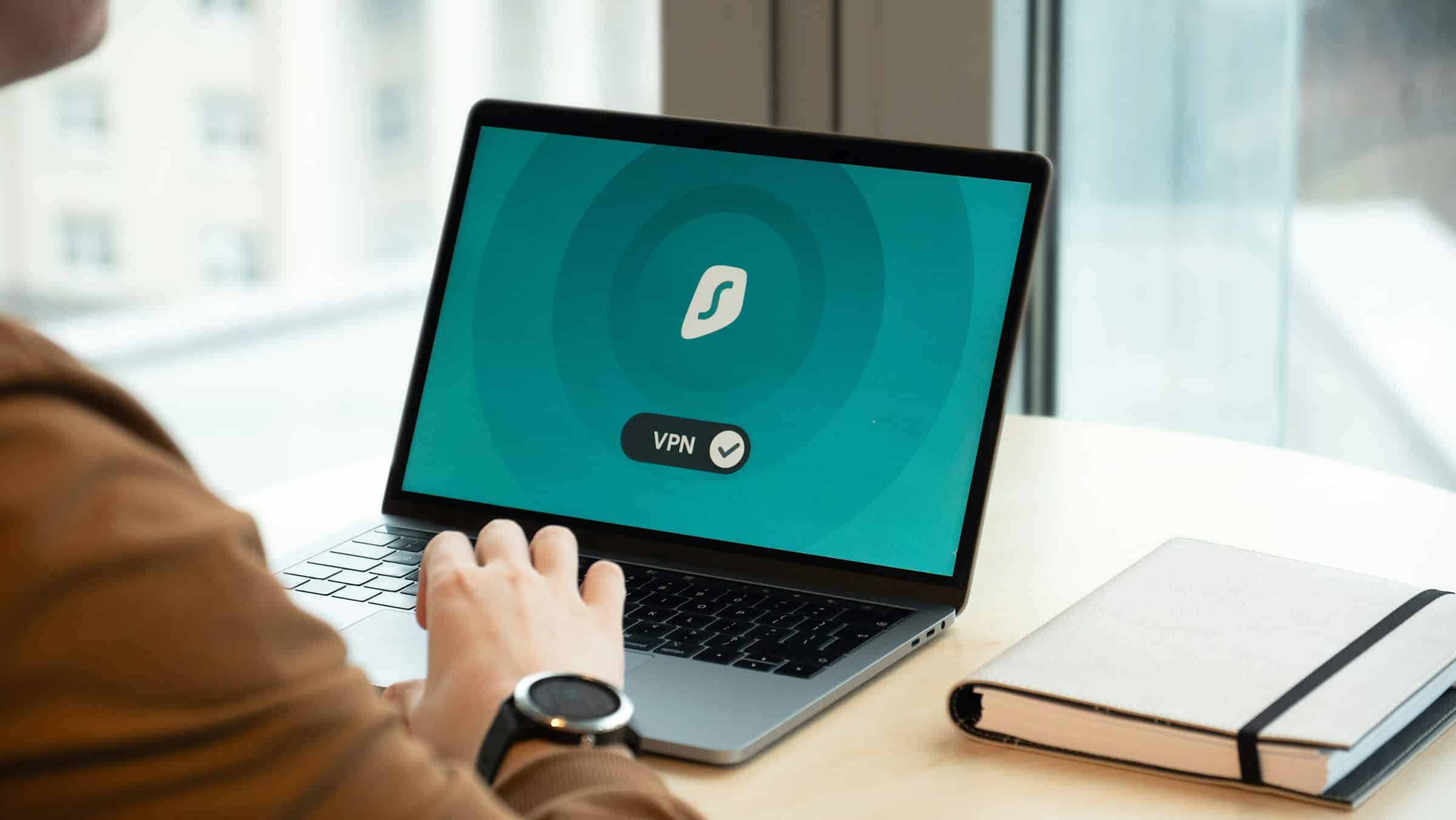In today’s digital age, the landscape of work has undergone a massive transformation, with remote working becoming a prevalent practice. As more employees and companies embrace this flexible working arrangement, ensuring the security of sensitive data and company resources has become critical. Virtual Private Networks (VPNs) emerge as a powerful solution to this challenge. But what are the considerations for setting up a secure VPN for remote workers? Let’s delve into the key aspects and best practices to safeguard your corporate network while facilitating remote access.
Understanding VPNs and Their Importance
Virtual Private Networks (VPNs) are essential tools for remote workers and businesses alike. They create a secure, encrypted tunnel between the user’s device and the internet, ensuring that data transmitted over this connection remains confidential. This encryption is crucial for protecting sensitive information from cyber threats, especially when employees access the company network from various locations.
A lire aussi : How can quantum computing be used to solve complex optimization problems in logistics?
VPNs also provide an added layer of network security by masking the user’s IP address, making it harder for malicious actors to track or intercept their online activities. For businesses, implementing a secure VPN is pivotal in maintaining the integrity and confidentiality of their data while enabling employees to work from anywhere.
When considering setting up a VPN for your remote workforce , it’s vital to understand the role of VPNs and how they can be tailored to meet your organization’s specific needs. This foundational knowledge will guide you in making informed decisions about the VPN solutions that best suit your security requirements.
Avez-vous vu cela : How do you ensure scalability and performance in a microservices architecture?
Key Features of a Secure VPN
When selecting a VPN for your remote workers, it’s crucial to look for specific features that ensure robust security and optimal performance. Here are the essential features to consider:
Encryption Protocols
A secure VPN must offer strong encryption protocols to protect data transmissions. Look for VPNs that support advanced encryption standards such as AES-256, which is considered military-grade and highly secure. Additionally, the VPN should support modern protocols like OpenVPN, IKEv2, and WireGuard. These protocols provide a good balance of security and performance, ensuring that your data remains safe without compromising on speed.
No-Log Policies
Privacy is integral to network security. Ensure that the VPN provider has a strict no-log policy, meaning they do not keep records of your online activities. This policy prevents data breaches and protects your organization from potential privacy violations.
Multi-Factor Authentication (MFA)
Implementing MFA adds an extra layer of security by requiring users to verify their identity through multiple methods. This reduces the risk of unauthorized access, even if a user’s password is compromised. MFA can include verification through SMS, email, or authentication apps.
Scalability and Performance
For large organizations with multiple remote workers, the VPN must be scalable to handle numerous simultaneous connections without affecting performance. Assess the VPN’s bandwidth capabilities and ensure it can accommodate your remote workforce without causing significant slowdowns.
User-Friendly Interface
A user-friendly interface simplifies the process for employees to connect to the VPN. Ensure the VPN client is easy to navigate and provides clear instructions for setting up and using the VPN. This reduces the likelihood of configuration errors and ensures that employees can quickly secure their connections.
Best Practices for Implementing a Secure VPN
To maximize the effectiveness of your secure VPN and protect your corporate network, implement the following best practices:
Educate Employees on VPN Usage
Training employees on the importance of using the VPN and how to connect securely is vital. Conduct regular workshops or provide instructional materials that explain the significance of network security and the steps to safely access company resources. Emphasize the need to use the VPN whenever they are working remotely , especially on public or unsecured networks.
Regularly Update VPN Software
Ensure that the VPN client software is regularly updated to the latest version. VPN providers frequently release updates that address vulnerabilities and improve security features. Keeping the software up-to-date minimizes the risk of cyberattacks and ensures the VPN operates efficiently.
Monitor VPN Traffic
Implement a monitoring system to track VPN traffic and identify any unusual or suspicious activities. Monitoring helps detect potential breaches and allows for prompt action to mitigate risks. Use network security tools that provide insights into VPN usage patterns and generate alerts for any anomalies.
Enforce Strong Password Policies
A strong password policy is crucial for maintaining network security. Require employees to create complex passwords that include a combination of letters, numbers, and special characters. Additionally, enforce regular password changes and discourage the reuse of passwords across multiple accounts.
Implement Access Controls
Restrict access to company resources based on roles and responsibilities. Not all employees need access to every part of the corporate network. Implementing role-based access controls ensures that only authorized users can access sensitive information, reducing the risk of internal threats.
Conduct Regular Security Audits
Regular security audits help identify vulnerabilities in your network and VPN setup. Conduct comprehensive audits to assess the effectiveness of your security measures and make necessary improvements. Use these audits to review access logs, monitor compliance with security policies, and evaluate the overall health of your network security infrastructure.
Securing Your Remote Workforce with the Right VPN Solution
Choosing the right VPN solution is crucial for securing your remote workforce and maintaining the integrity of your corporate network. Here are some considerations to guide your selection:
Compatibility with Devices
Ensure that the VPN is compatible with all devices your remote workers use. This includes laptops, smartphones, tablets, and any other equipment used for remote work. A VPN that supports multiple platforms and operating systems ensures that all employees can securely connect to the corporate network.
Cost and Licensing
Evaluate the cost of the VPN solution and its licensing model. Some VPNs charge per user, while others offer enterprise solutions with a flat fee. Consider your budget and the size of your remote workforce to choose a cost-effective option that meets your security needs.
Customer Support
Reliable customer support is essential for addressing any issues that may arise with your VPN. Choose a provider that offers 24/7 support through various channels, such as phone, email, and live chat. Prompt assistance ensures that any problems are resolved quickly, minimizing downtime and security risks.
Reputation and Reviews
Research the reputation of the VPN provider by reading reviews and testimonials from other businesses. A provider with a track record of delivering reliable and secure VPN services is more likely to meet your network security needs. Look for providers that are well-regarded in the industry and have positive feedback from their clients.
Setting up a secure VPN for remote workers involves careful consideration of various factors to ensure the network security and integrity of your corporate data. Understanding the importance of VPNs, selecting the right features, and implementing best practices are critical steps in safeguarding your company resources. By choosing a VPN solution that fits your organization’s needs and educating your employees on its usage, you can create a secure remote work environment that fosters productivity and protects sensitive information.
In conclusion, a well-implemented VPN is essential for enabling remote access while maintaining robust network security. By following the guidelines outlined in this article, your organization can effectively secure its remote workforce and ensure that sensitive data remains protected in an increasingly digital world.











